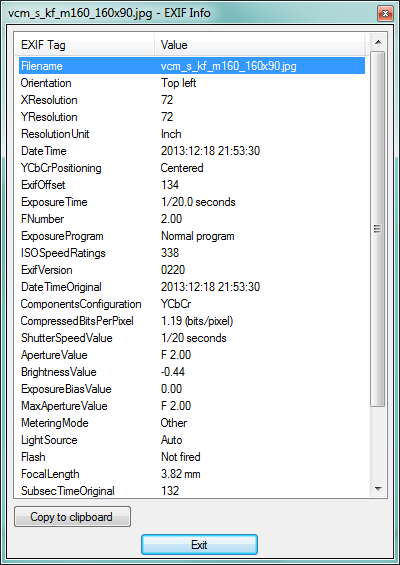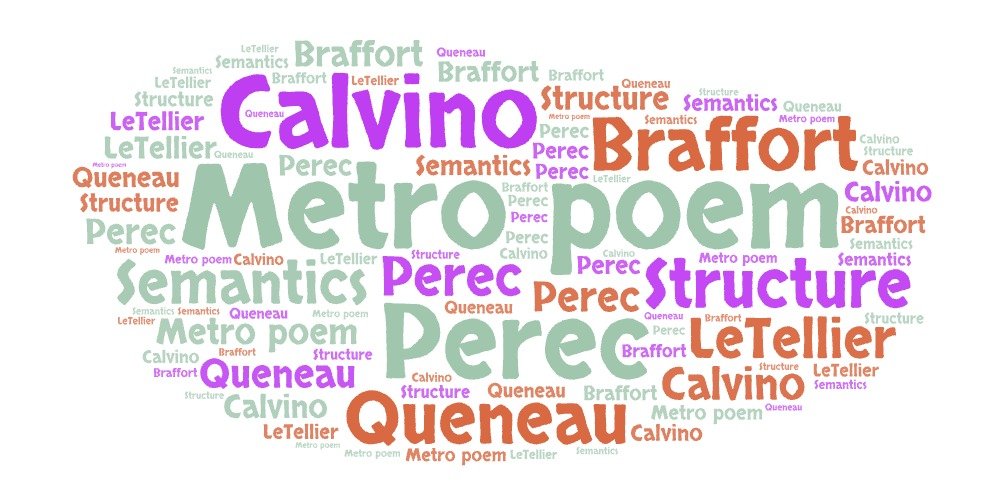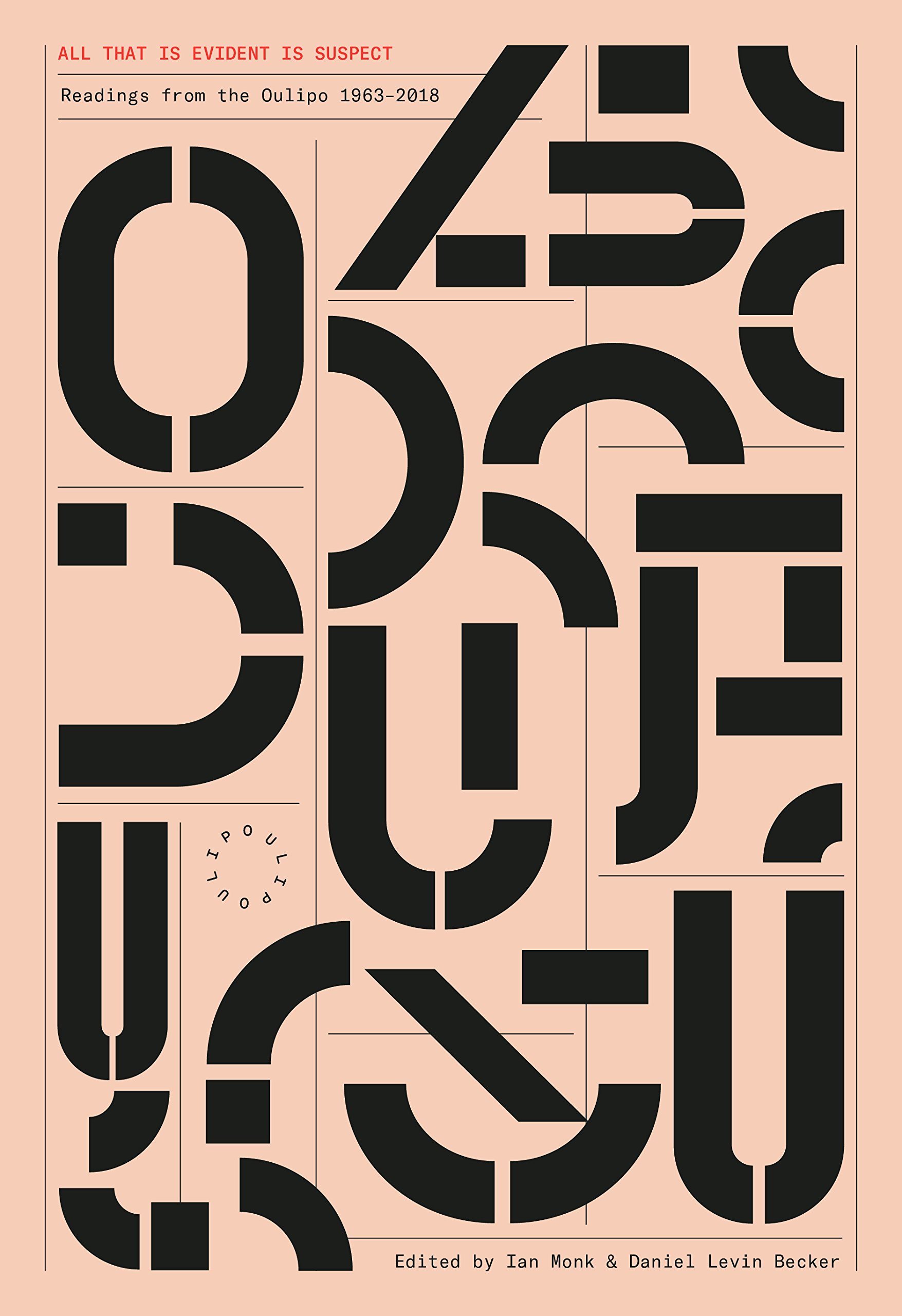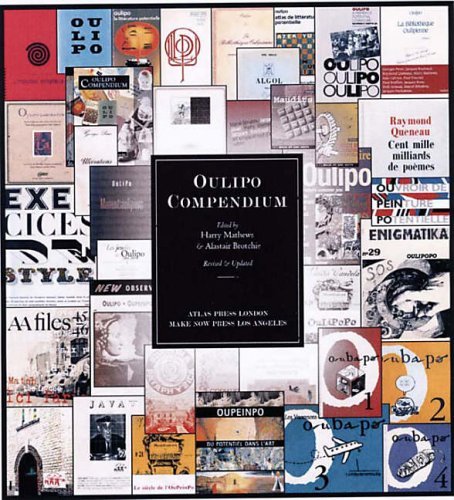Anyone interested in the craft of writing should read this book. It’s not a primer, or dictionary, or anything of that nature. But it does exactly what it says on the tin.
Read MoreOulipo
Oulipo word cloud
An upcoming creative writing course
Can creative writing be automated (without using A|).
Read MoreImaginary libraries

How many ways can you organise a library?
Read MoreI have been...

Have you ever thought about all the jobs you’ve had, whether paid for or as a volunteer?
Read MorePointless data

An article I wrote for a client is characterised by 24 pieces of data. More correctly: metadata. So what?
Read MoreShoredticth in black and white, by Terry Freedman
Applying constraints to enhance creativity
The standard advice for writers who are feeling uninspired or blocked is to allow your mind to wander where it will or to just start writing aimlessly to see what happens. Therefore to suggest the opposite approach, that of imposing some constraints on your thinking, seems completely counterintuitive.
Read MoreA literature course I'd like to take if it were available: an Oulipian puzzle

My writing-related filing cabinets, by Terry Freedman
Creative writing using constraints: a bit of a post-mortem
I think evaluations are very odd devices to be honest. Someone once “marked me down” on her evaluation of a one day course I was running on the grounds that the traffic was terrible.
Read MoreCreative writing using constraints (a forthcoming course)

This course will look at examples of constraints created by some of the Oulipo’s main proponents, with work including the Hundred Thousand Billion Sonnets, the Metro Poem, and others. Course participants will have the opportunity to try out several techniques, and invent one or two of their own.
Read MoreLabyrinth
by Ideogram
Escapism: the answer
In Escapism: a 50 word prose poem I presented readers with a prose poem constructed in accordance with a constraint, and invited them to suggest what that constraint might be. Here’s the poem again, followed by the solution.
Read MoreEscapism: a 50 word prose poem

The following story has been written in accordance with a constraint, in true Oulipian style. The Oulipo is a writing movement based on constraints, such as omitting the use of a particular letter when composing a text.
Read MoreReview: Oulipo and Modern Thought (Update)

If your interest in the Oulipo goes beyond simply trying out their techniques, and you wish to learn about the context in which it was conceived and the developments in went through, you will find this book very useful.
Read MoreReview: Once upon a prime

As someone who had little in the way of mathematical prowess at school, I initially opened Prime with some trepidation.
Read MoreOn this day: 27th December 2019 -- Preverbs
Many people advocate free writing as a way of cutting through writer’s block. Well, it’s never worked for me, and it doesn’t seem logical anyway. If you can’t think of anything to write, how would allowing your mind to just generate stuff do any good?
Read MoreReview of The Girl at the Tram Stop

On the surface, this would seem to be nothing more or less than an example of performance art presented as literature. However, there is much more to it than that because Johnson has introduced elements of randomisation…
Read MorePicture by Dall-e
Review: Clouds like dust, and other poems, by N. Slake
Poetry lovers will recall the impact Slake' s first book made. "Tied up in Notts" was, at the time, not merely avant-garde but positively risque. The reason, of course, was Slake's cavalier approach to poetic conventions. For example, his 15 Line Sonnet caused a massive rift in the arts community.
Read MoreBook reviews the wrong way round

This is the usual way of doing things. Someone writes a book, or a poem or whatever. Then (with a bit of luck) someone reviews it.
A fellow writer, Nathan, and I decided to do it the other way around. He wrote a review of something I hadn’t written yet. Then I wrote it!
Read MoreOulipo taster course: discount for today only

Oulipo techniques are great for dispelling writer’s block, and generating new works.
Read MoreThree collections of Oulipo writing: which is best for you?
Three reviews in one article, plus a couple of news announcements.
Read MoreImage created by Dall-E for Terry Freedman
Trains: an Oulipian exercise and challenge
This post is a puzzle for you, and an experiment for me.
Read More










